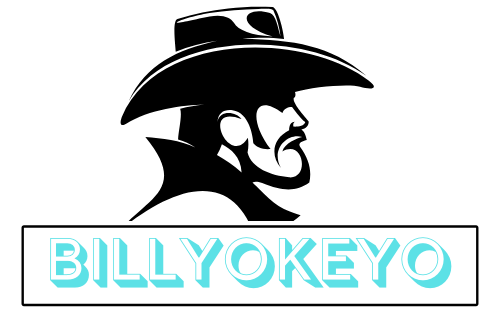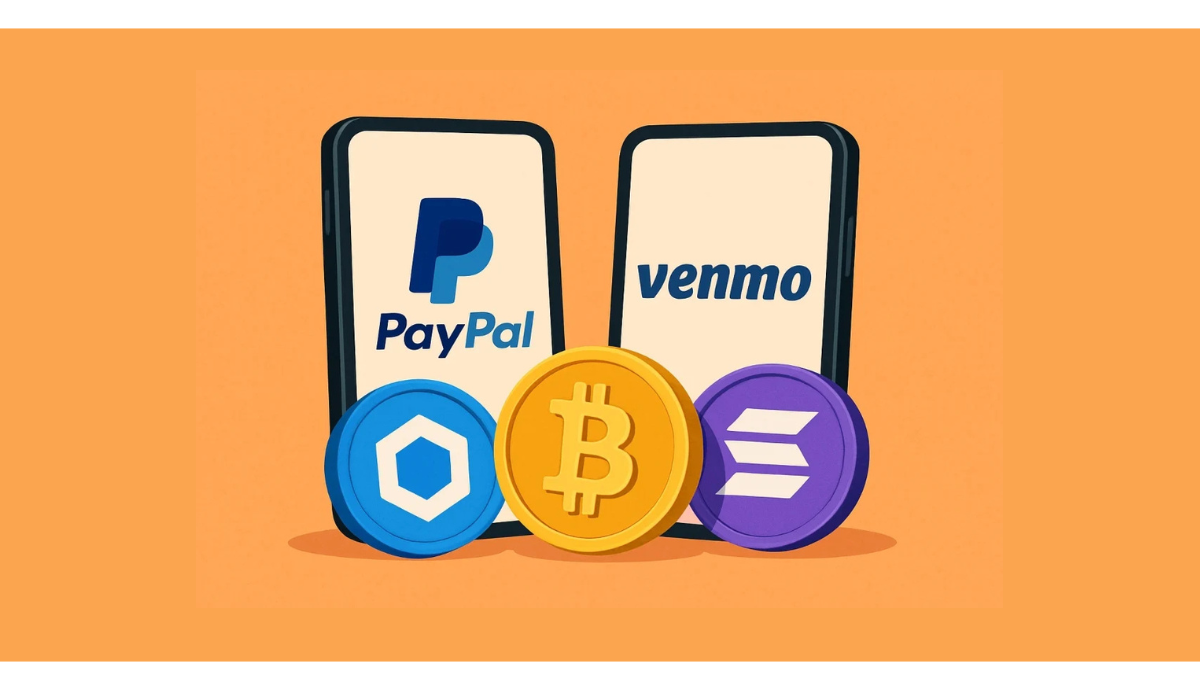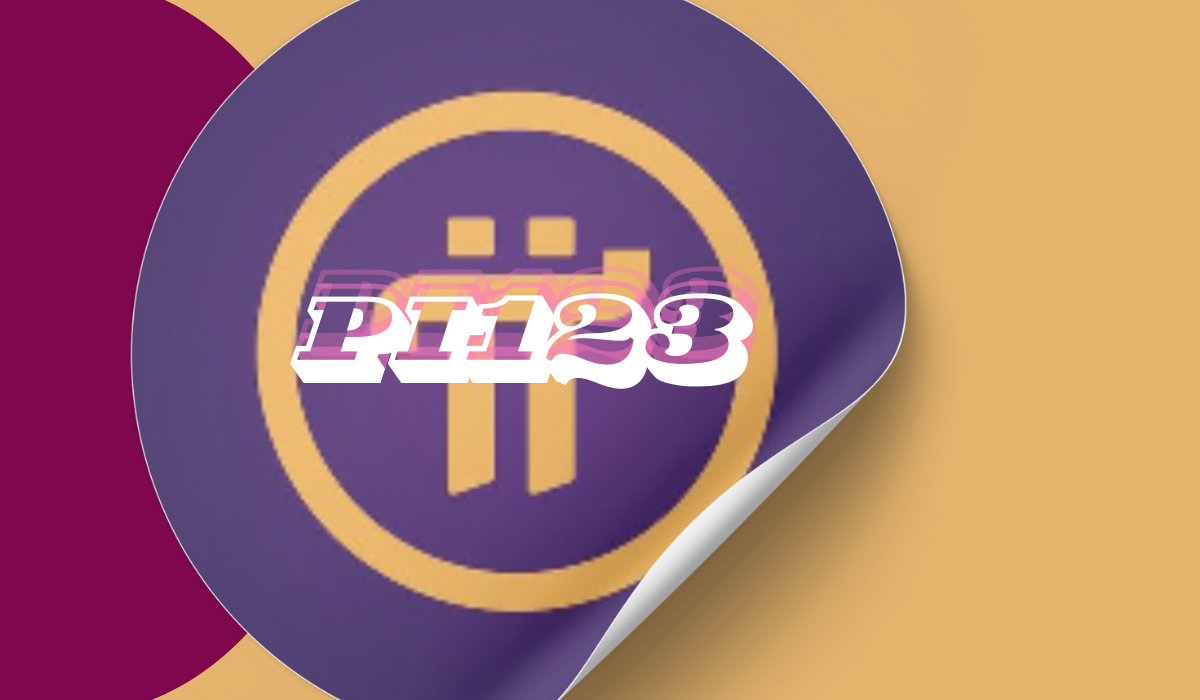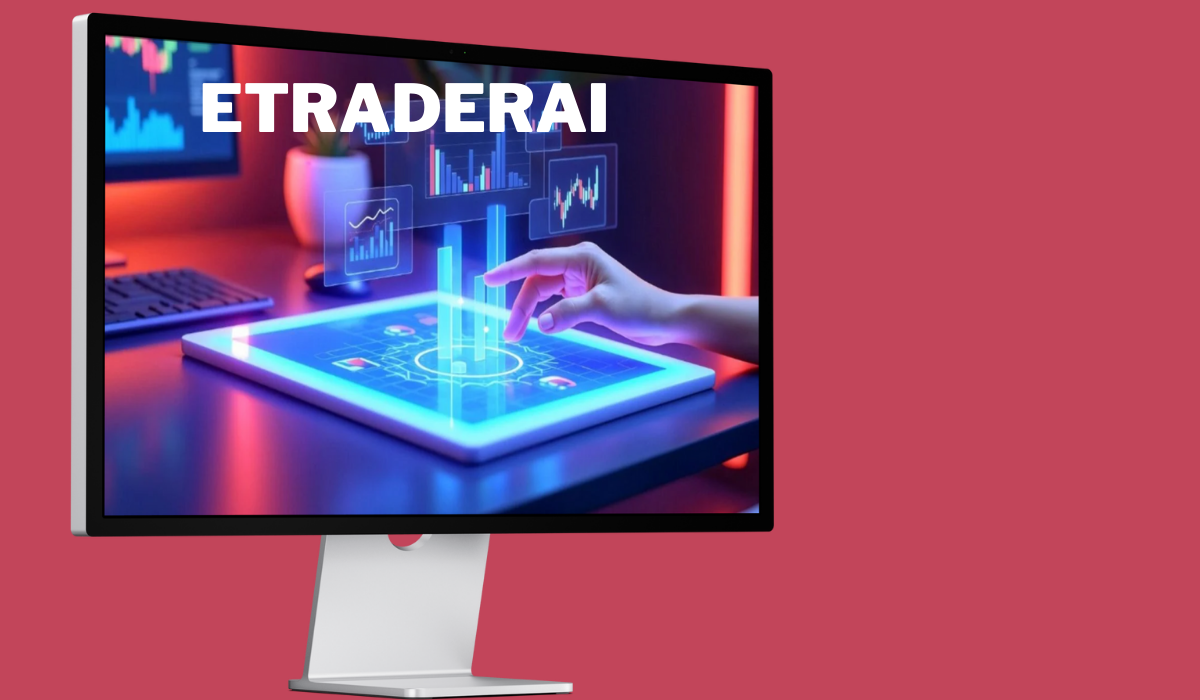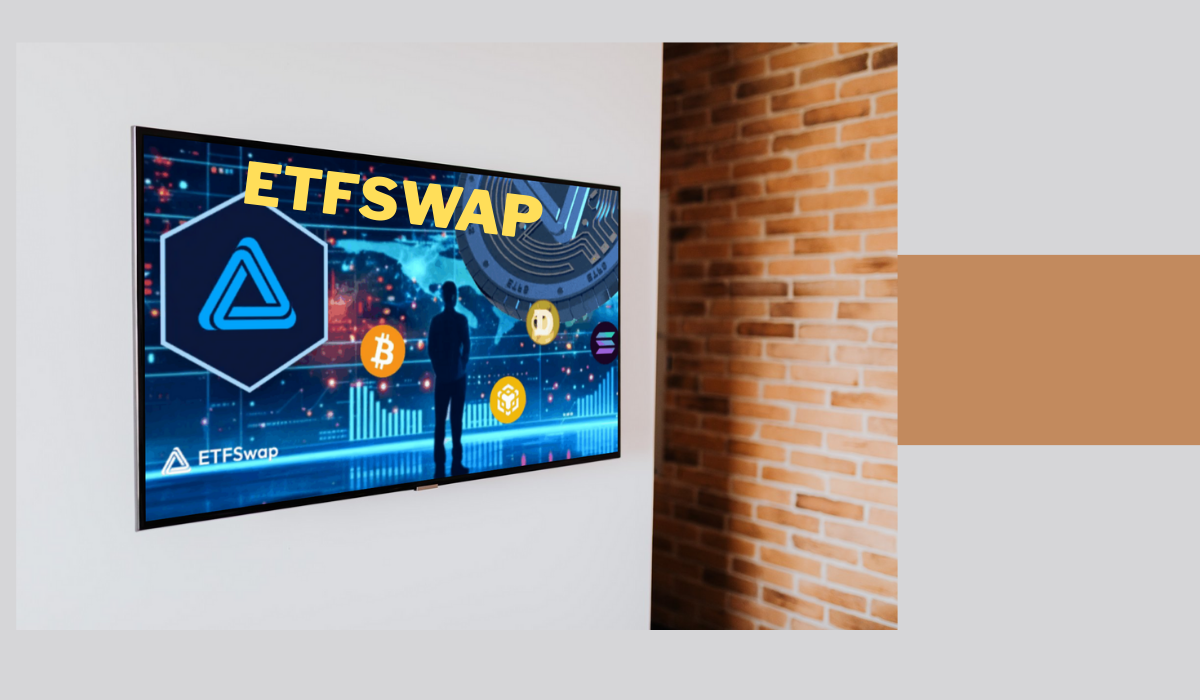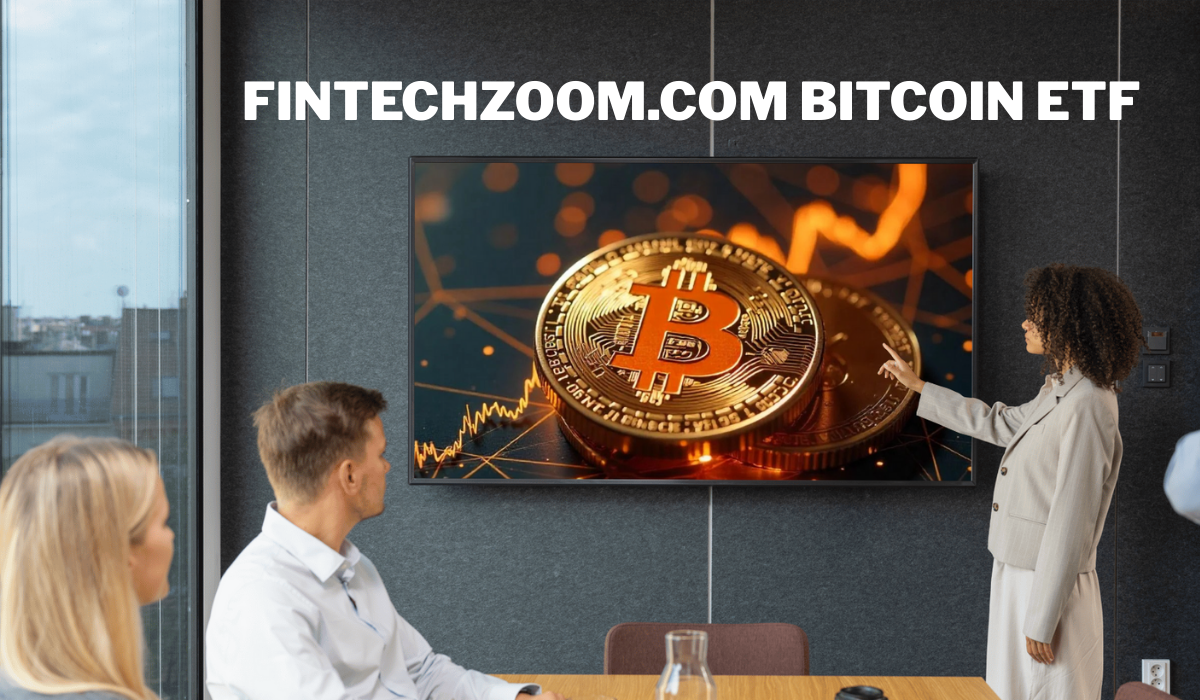The cryptocurrency landscape continues to evolve at breakneck speed, with traditional financial services increasingly embracing blockchain technology. When payment giants like PayPal and Venmo add support for emerging cryptocurrencies, it signals a significant shift in how digital assets are perceived and used by mainstream consumers.
Recent developments have brought attention to the potential integration of advanced blockchain protocols like Chainlink and Solana into these established payment platforms. This move represents more than just adding new digital currencies—it highlights the growing recognition of blockchain’s utility beyond simple peer-to-peer transactions.
Understanding how these integrations work, why they matter, and what they could mean for the future of digital payments requires examining each platform’s unique strengths and capabilities. From PayPal’s massive user base to Solana’s lightning-fast transaction speeds, these developments are reshaping how we think about money, payments, and financial infrastructure.
PayPal and Venmo: Leading the Digital Payment Revolution
PayPal has established itself as a pioneer in digital payments, serving over 400 million active users worldwide. Since launching its cryptocurrency services in 2020, the platform has made digital assets accessible to millions of users who previously had no exposure to crypto markets.
The company’s approach to cryptocurrency integration focuses on simplicity and security. Users can buy, sell, and hold various cryptocurrencies directly within their PayPal accounts, with transactions protected by the same security measures that safeguard traditional payments. This seamless integration removes many barriers that typically prevent mainstream adoption of digital assets.
Venmo, PayPal’s peer-to-peer payment subsidiary, has followed a similar trajectory. With its social payment features and younger user demographic, Venmo represents an ideal testing ground for new cryptocurrency integrations. The platform’s emphasis on social interaction and instant transfers aligns well with the fast-paced nature of modern blockchain networks.
Both platforms have gradually expanded their cryptocurrency offerings, moving from simple buy-and-hold functionality to more sophisticated features. Users can now transfer crypto to external wallets, make purchases using digital assets, and access educational resources about blockchain technology.
The strategic importance of these platforms cannot be overstated. When PayPal and Venmo add support for new cryptocurrencies like Chainlink and Solana, they provide instant access to hundreds of millions of potential users. This exposure can significantly impact adoption rates and market perception of these digital assets.
Understanding Chainlink’s Oracle Network
Chainlink operates as a decentralized oracle network that connects blockchain applications with real-world data sources. Unlike traditional cryptocurrencies that primarily focus on value transfer, Chainlink solves a critical infrastructure problem in the blockchain ecosystem.
Smart contracts, which are self-executing contracts with terms directly written into code, require access to external data to function effectively. However, blockchains cannot natively access information from outside their networks. This creates what’s known as the “oracle problem”—how to reliably feed external data into blockchain applications.
Chainlink addresses this challenge by creating a network of independent oracle nodes that retrieve, validate, and deliver data to smart contracts. These oracles can provide price feeds, weather data, sports scores, election results, and virtually any other type of real-world information that blockchain applications might need.
The LINK token serves multiple purposes within this ecosystem. Oracle operators stake LINK tokens as collateral to guarantee their honest behavior. Data consumers pay for oracle services using LINK tokens. This creates economic incentives that help ensure the network’s security and reliability.
Major financial institutions and blockchain projects have adopted Chainlink’s services extensively. Traditional companies use Chainlink oracles to access blockchain functionality, while decentralized finance (DeFi) protocols rely on Chainlink price feeds to determine asset values and execute trades.
Integration with PayPal and Venmo could introduce Chainlink to users who have never encountered oracle networks before. This exposure might drive demand for LINK tokens while demonstrating the practical utility of blockchain infrastructure beyond simple currency applications.
Exploring Solana’s High-Performance Blockchain
Solana has emerged as one of the fastest-growing blockchain networks, designed specifically to handle high transaction volumes at minimal cost. The network can process thousands of transactions per second while maintaining fees that are typically fractions of a penny.
This performance advantage stems from Solana’s innovative consensus mechanism called Proof of History. Traditional blockchains require nodes to communicate extensively to agree on transaction ordering, creating bottlenecks that limit throughput. Solana’s approach creates a cryptographic timestamp for each transaction, allowing the network to process multiple transactions simultaneously.
The network’s native token, SOL, serves several functions within the ecosystem. Users pay transaction fees in SOL, validators earn SOL rewards for processing transactions, and developers stake SOL to deploy applications on the network. This multi-faceted utility creates ongoing demand for the token beyond speculative trading.
Solana has attracted significant developer interest due to its combination of speed, low costs, and programming flexibility. The network supports a wide variety of applications, including decentralized exchanges, non-fungible token (NFT) marketplaces, gaming platforms, and social media applications.
For PayPal and Venmo users, Solana integration could provide access to a fast, affordable blockchain network suitable for everyday transactions. Unlike some cryptocurrencies that are primarily viewed as investment vehicles, SOL could function effectively as a medium of exchange for day-to-day purchases.
The network’s growing ecosystem of applications also presents opportunities for payment platform integration. Users might eventually access Solana-based services directly through PayPal or Venmo, creating seamless bridges between traditional finance and decentralized applications.
Potential Integrations and Synergies
The convergence of PayPal, Venmo, Chainlink, and Solana creates fascinating possibilities for financial innovation. Each platform brings unique strengths that could complement the others in powerful ways.
PayPal’s massive user base and regulatory compliance expertise provide an ideal gateway for introducing advanced blockchain technologies to mainstream audiences. The company’s established relationships with merchants worldwide could facilitate adoption of new payment methods based on these blockchain networks.
Chainlink’s oracle capabilities could enable PayPal and Venmo to offer more sophisticated financial services. For example, the platforms could use Chainlink price feeds to provide real-time currency conversion, automated investment services, or insurance products that trigger payouts based on external events.
Solana’s high throughput and low costs make it particularly suitable for microtransactions and frequent payments. Venmo users could potentially send small amounts to friends instantly and nearly for free, while merchants could accept payments without worrying about processing fees eating into thin margins.
Smart contracts running on Solana could automate complex payment arrangements. Users might set up recurring payments, escrow services, or conditional transfers that execute automatically when certain conditions are met. Chainlink oracles could provide the external data needed to trigger these smart contract executions.
Cross-border payments represent another area where these technologies could work together effectively. Solana’s fast settlement times combined with Chainlink’s reliable exchange rate data could enable instant international transfers at transparent, competitive rates.
The integration could also support emerging trends like programmable money and decentralized finance. Users might access yield farming opportunities, automated trading strategies, or other DeFi services directly through familiar payment interfaces.
Regulatory and Compliance Considerations
Integrating advanced blockchain technologies into mainstream payment platforms requires careful navigation of regulatory requirements. PayPal and Venmo have invested heavily in compliance infrastructure, working closely with regulators to ensure their cryptocurrency offerings meet legal standards.
Different jurisdictions treat cryptocurrencies in various ways, from recognizing them as legal tender to classifying them as securities or commodities. Payment platforms must ensure their services comply with local regulations wherever they operate.
Know Your Customer (KYC) and Anti-Money Laundering (AML) requirements present ongoing challenges for cryptocurrency integration. Platforms must verify user identities, monitor transactions for suspicious activity, and report potential violations to relevant authorities.
The decentralized nature of blockchain networks can complicate compliance efforts. While traditional payment systems operate through controlled intermediaries, blockchain transactions can occur directly between users without centralized oversight.
However, the oracle problem that Chainlink addresses could actually support compliance efforts. Oracle networks could provide verified identity data, sanctions screening, or regulatory reporting information to smart contracts and payment applications.
Tax reporting represents another consideration for users and platforms alike. Cryptocurrency transactions often trigger taxable events, requiring detailed record-keeping and reporting. Payment platforms must provide users with transaction histories and tax documentation while ensuring their own compliance with tax authorities.
Consumer protection regulations also apply to cryptocurrency services. Platforms must clearly disclose risks, provide adequate security measures, and maintain customer support systems capable of handling cryptocurrency-related issues.
The Future of Integrated Digital Payments
The potential integration of Chainlink and Solana into PayPal and Venmo represents a broader trend toward blockchain-enabled financial services. As these technologies mature and regulatory frameworks develop, we can expect increasingly sophisticated applications that blur the lines between traditional and decentralized finance.
These developments signal a fundamental shift in how payment systems operate. Rather than simply moving existing currencies more efficiently, blockchain integration enables entirely new types of financial products and services. Programmable money, automated compliance, and real-time settlement could become standard features of mainstream payment platforms.
The success of these integrations will likely depend on their ability to provide clear benefits to everyday users without introducing unnecessary complexity. Most consumers care more about convenience, security, and cost than underlying technology. Payment platforms that can harness blockchain capabilities while maintaining simple, intuitive user experiences will likely lead this transition.
As the cryptocurrency ecosystem continues to evolve, partnerships between established payment providers and innovative blockchain projects will play crucial roles in driving adoption and developing practical applications for digital assets. The combination of PayPal’s reach, Chainlink’s infrastructure, and Solana’s performance could create powerful new possibilities for how we think about and use money.
